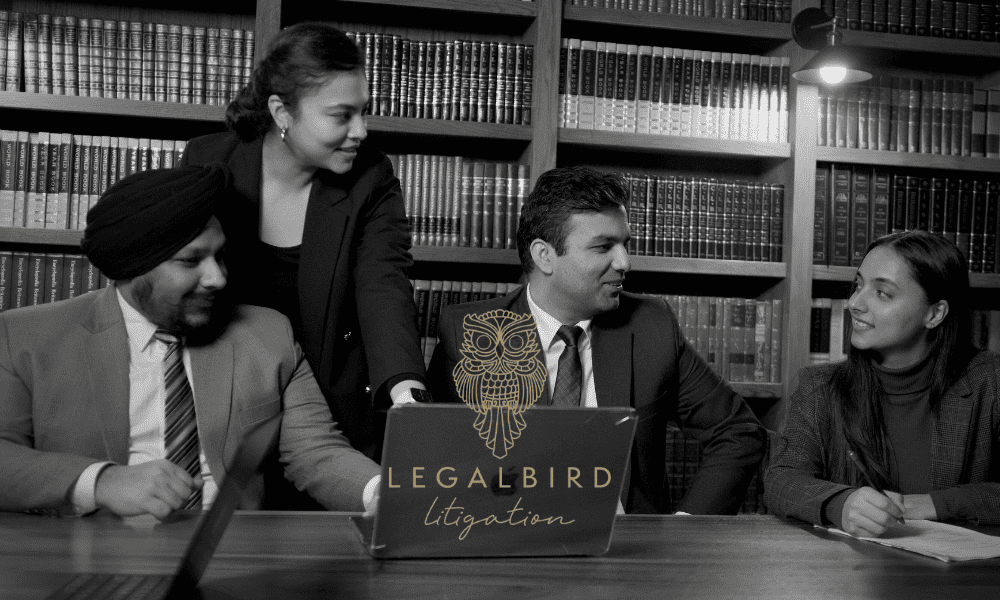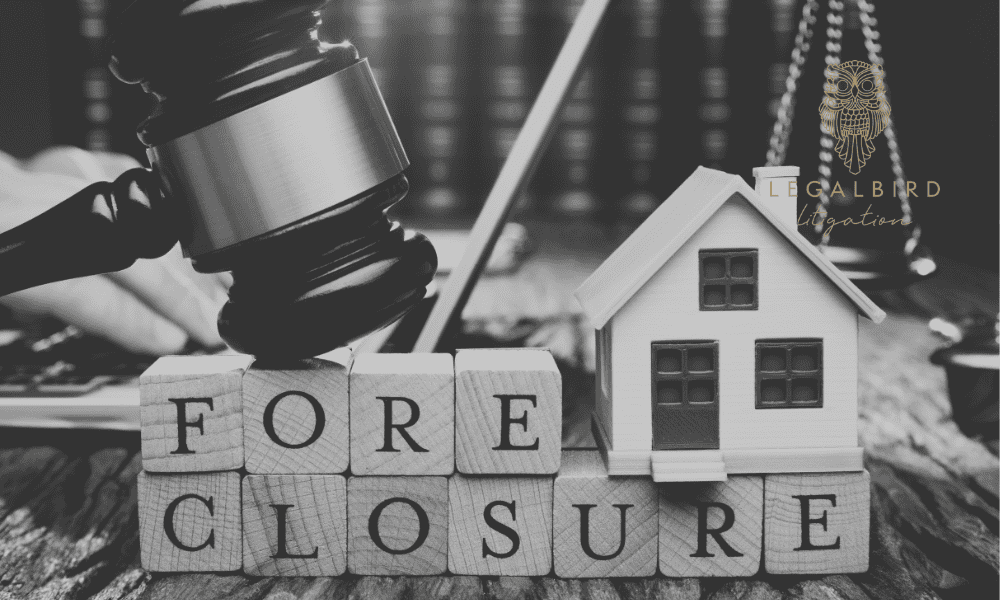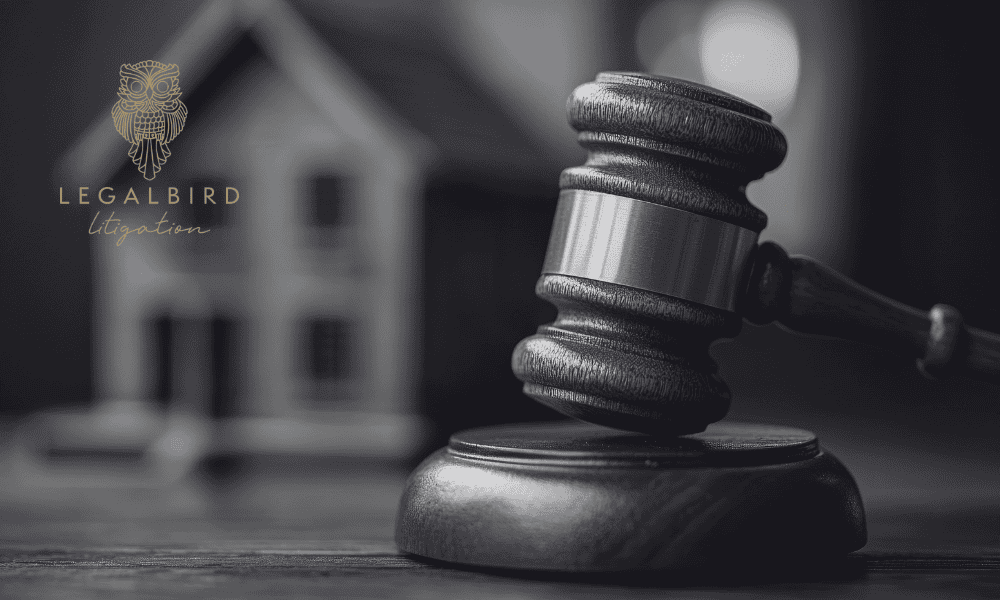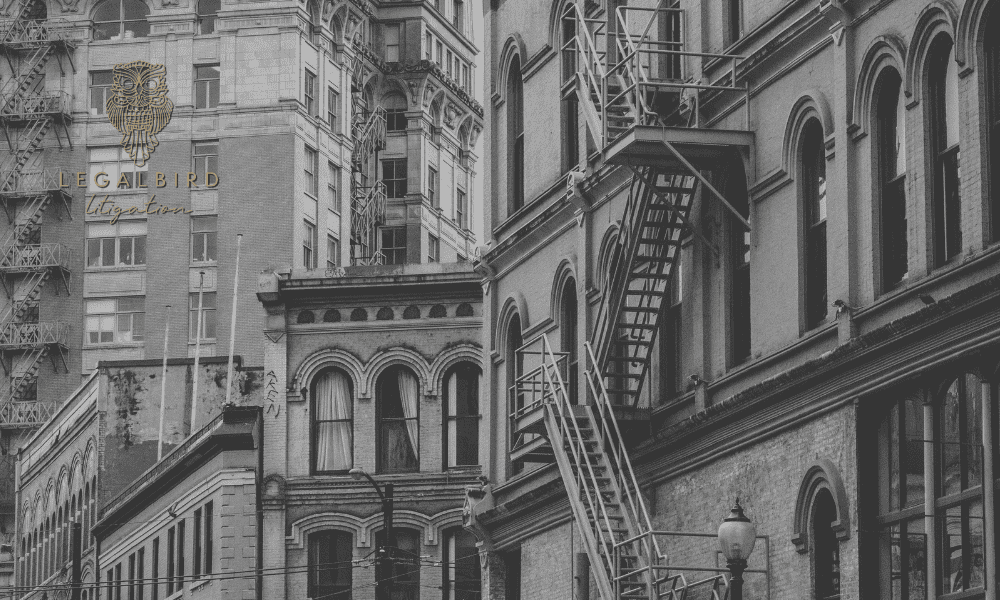
Foreclosure proceedings commence when a borrower defaults on a mortgage and the lender takes legal action to sell the property unless the borrower pays the debt.
During this process, the borrower and lender have legal rights and responsibilities. Homeowners in British Columbia should fully understand these rights if faced with foreclosure.
Here’s what you need to know.
BC foreclosure proceedings
Foreclosure proceedings in BC are handled by the Supreme Court, with each step of the process requiring approval before the lender can sell. The timing, pricing, terms of sale, and commissions all require Supreme Court approval before implementation.
The basic foreclosure process can be outlined in the following steps:
- A letter is issued by the lender to the borrower (or a phone call is made) to request payment of the debt.
- A follow-up letter is sent 2-3 months later, requesting payment of the debt in full by a specified date or face foreclosure proceedings.
- If payment is not made by the due date, a foreclosure lawyer will send a demand letter to either pay the full amount owing on the mortgage or the arrears by a specific date, or face foreclosure proceedings.
- If payment is not received, the lawyer will file a foreclosure petition, and the borrower and any other interested parties (tenants, lien holders, etc.) will be served a copy. The borrower can file a response to the petition.
- A court hearing is held (usually around a month after the petition is filed), at which the judge gives the lender an “order nisi” and usually provides the borrower with a deadline to pay the full amount owed, plus interest, costs and taxes (the “redemption period”, which is typically six months).
- After the redemption period has expired, the lender can list the property for sale by the court or seek an “Absolute Order of Foreclosure” if the property value equals or exceeds the debt, and the borrower has no assets to apply toward any deficiency.
- If a court-approved property sale does not generate sufficient funds to pay the petitioner in full, the petitioner can then seek a deficiency judgment from the court against the borrower.
If the court issues an Absolute Order of Foreclosure, the petitioner becomes the new registered owner of the property. All other respondents are removed from the title and no further action can be taken against the borrower.
Borrowers’ rights during foreclosure in BC

Homeowners in British Columbia are generally given time to pay a debt and prevent legal proceedings. Foreclosure proceedings can be extremely stressful and seeking legal advice on the matter is essential.
Let’s take a closer look at some of the legal rights of borrowers during the foreclosure proceedings outlined above.
Notice of foreclosure
The notice of foreclosure refers to a process by which the borrower is informed that legal action to reclaim the outstanding debt has commenced. It starts with a demand letter served to the borrower, outlining the missed payments and the total amount overdue.
If payment is not made, the lender files a Petition for Foreclosure with the BC Supreme Court, along with a certificate of pending litigation against the property. The borrower is served notice of this, which is sometimes referred to as a “Notice of Foreclosure”.
The right of redemption
The right of redemption is generally considered a “last chance”, referring to the right of a borrower to reclaim their property by paying the full amount of the outstanding debt, plus any additional costs, before the foreclosure sale is finalized.
The redemption period granted by the court is usually six months. However, a lender can sometimes ask the court for a shorter redemption period.
Sale of property
During the redemption period, the lender may apply for a Conduct of Sale from the court. Importantly, the property cannot be sold without this or court approval of any offer.
The borrower has the right to oppose the application if it can be shown to the court that there is equity in the property and the borrower is making reasonable efforts to sell the property. This can prevent the property from being sold at a lower price (quick sale), which often happens when creditors sell properties to repay a debt.
If the lender with a Conduct of Sale wants to present an offer to the court for approval, the borrower has the right to oppose it and request more time to obtain a better price.
The protection of personal belongings
Under British Columbia law, the lender must use reasonable care in the custody and preservation of the borrower’s personal belongings during foreclosure proceedings.
The mortgage is a secured loan on real property only, so the lender has no claim on personal items like furniture, appliances (unless built-in), electronics, clothing, etc.
Generally speaking, the borrower is entitled to remove these items before the lender or a buyer takes possession of the home.
Lenders’ rights during foreclosure in BC
Lenders also have legal rights during foreclosure proceedings in British Columbia.
Foreclosure as remedy
In British Columbia, one of the legal remedies available to a lender when a borrower defaults on a mortgage is foreclosure. This allows the lender to recover unpaid debts by taking possession of the borrower’s property with court approval.
Order Nisi
An Order Nisi is the first court order in the foreclosure process. It establishes the amount required to redeem the mortgage and the period in which to do so (the “redemption period”). During this time, the borrower can pay the debt in full or sell the property privately to avoid foreclosure.
Conduct of Sale
The lender may apply for a Conduct of Sale during the redemption period, allowing the lender to list and sell the foreclosed property under the supervision of the BC Supreme Court. Borrowers can oppose this order, as mentioned already, by showing that there is equity in the property and that they are making reasonable efforts to sell the property.
Remember, the court must approve any sale before a final order will be issued.
Order Absolute
If the debt has not been paid within the redemption period, the lender may choose to have the property listed for sale by the court, which is known as a judicial sale. Alternatively, the lender has the right to seek an Absolute Order of Foreclosure from the court.
An Order Absolute is a final court order in a foreclosure proceeding, transferring ownership of a property from the borrower to the lender. Once this order is granted, the borrower loses all rights to the property and the lender becomes the legal registered owner. No further action can be taken against the borrower.
Deficiency judgment
A deficiency judgment is the right of the lender if there is a difference between the amount owed by the borrower and what the lender recovers during the foreclosure process.
For instance, if a homeowner owes $500,000 on a mortgage and foreclosure proceedings are started but the house only sells for $450,000, the homeowner may be liable for the deficiency amount of $50,000.
Not all mortgagees are liable for deficiency adjustments, so anyone involved in foreclosure proceedings where this may be an issue should check potential liability with their lawyer.
Cost recovery
If foreclosure proceedings are started, the lender may have the right to add legal fees to the balance owing on the loan. However, existing legislation may protect borrowers from having to pay the full amount of the lender’s legal fees, so check this with your foreclosure lawyer.
Contact Legalbird Today
If you’re navigating a foreclosure dispute, Legalbird is here to help you protect your rights and plan your next steps with confidence. Founder Kawal S. Atwal brings a thoughtful, client-centered approach to every case, understanding that no two situations are alike.
With a focus on practical solutions and long-term security, our team is ready to support you through this challenging process.
For a free 30-minute consultation about your legal options during foreclosure proceedings, contact the team at Legalbird today.




